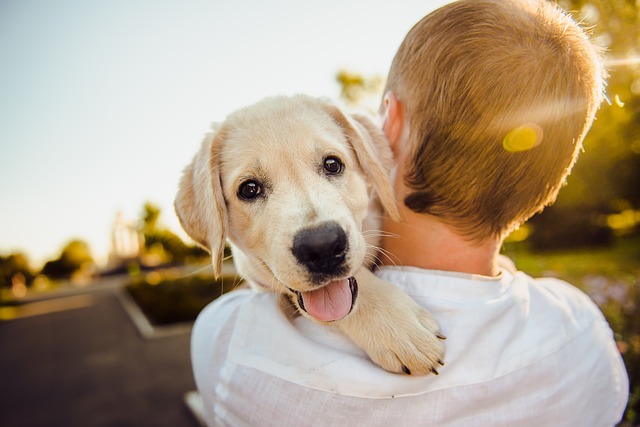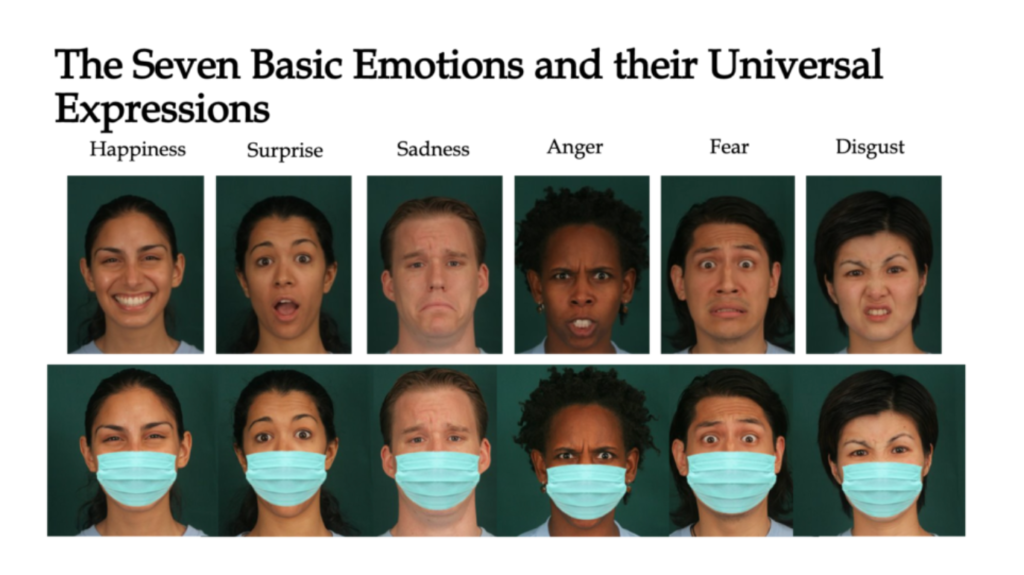 Most people can discern how their pet cat or dog is feeling by just listening to them- happy kitties purr and angry dogs growl. But can this insight be extended to wild animals like a cow or a pig?
Most people can discern how their pet cat or dog is feeling by just listening to them- happy kitties purr and angry dogs growl. But can this insight be extended to wild animals like a cow or a pig?
A new study entitled “Age, empathy, familiarity, domestication and call features enhance human perception of animal emotion expressions” from the University of Copenhagen surveyed more than 1000 people from around the world.
They found that most people can pick up on an animal’s excitement, but not necessarily positive or negative emotions.
The Study
Greenall, et al obtained audio recordings of pigs, horses, goats, and cows as well as wild boars and Przewalski’s horses.
According to Science “The recordings were made while the animals were experiencing certain emotions categorized as either positive, such as a horse readying to eat producing a high-pitched neigh, or negative, such as a hungry horse producing a throaty whine. The trial also included sound bites from human actors, who were recorded saying meaningless sounds in either an angry, fearful, or joyful tone.”
Once the recordings were obtained, the researchers sent the audio files and a survey to volunteers who were from 48 different countries and had the option to take the survey in eight different languages, including Italian, Dutch, and Hebrew.
For each question, they compared two short snippets of vocalizations from a particular species and decided which clip represented a high or low arousal and which vocalization represented a positive or negative emotion.
The Results

Survey participants were able to accurately discern arousal in pigs, horses, and goats more than half of the time. The scores for emotional valence were more variable.
The survey takers were able to differentiate positive from negative vocalizations in humans, goats, horses, pigs, and wild boars at an above average clip, but they struggled to discern which emotions were being vocalized by the cows and wild horses.
Males and females didn’t show a difference in the accuracy of their answers. Instead, younger volunteers (aged 20 to 29 being the best, and ability declining with age) and those who had experience working with animals were better at picking up on both arousal and emotional valence.
The study suggests it may have been evolutionarily advantageous for a wide variety of animals to pick up on the emotional cues of other animals’ vocalizations—a long screech, for example, that may signal to multiple species that a predator is nearby.
Relationship to Empathy
 A follow up study conducted by ethologist Elodie Briefer found that people who had higher empathy scores were better at identifying animal emotions from sound alone.
A follow up study conducted by ethologist Elodie Briefer found that people who had higher empathy scores were better at identifying animal emotions from sound alone.
Briefer and her team collected used recordings similar to those of the Greenall, et al which were associated with positive experiences, such as an animal anticipating food or being reunited with a friend. Other sounds were made when the animal was afraid, under stress, or socially isolated.
In addition to discerning positive and negative emotions, participants were also asked to complete an empathy questionnaire based on the interpersonal reactivity index.
This index measures four empathetic traits: their tendency to adopt other people’s points of view, feel sympathy for others, experience distress when others are in need, and imagine themselves in fictional situations.
Interestingly, people who scored highly for empathy were better able to understand the meaning of the animal sounds.
This research suggests all us mammals have a shared emotional system.
The post Can Humans Judge Animal Emotions? Yes, to an Extent. first appeared on Humintell.


 When you recognize a friend’s face, how do you know? Do you make a careful study of their nose and cheekbones? Are you thrown off if they don’t wear the usual expression?
When you recognize a friend’s face, how do you know? Do you make a careful study of their nose and cheekbones? Are you thrown off if they don’t wear the usual expression? Facial recognition is a key part of
Facial recognition is a key part of  The researchers repeatedly tested more than 2,000 adults by show them a series of faces, upright and inverted, with and without masks. Different groups of adults were tested at six different points in time during the pandemic. In addition, the researchers tested the same group near the start of the pandemic and 12-months later. In both the cross-sectional and longitudinal studies, adults showed absolutely no increase in their ability to recognize masked faces.
The researchers repeatedly tested more than 2,000 adults by show them a series of faces, upright and inverted, with and without masks. Different groups of adults were tested at six different points in time during the pandemic. In addition, the researchers tested the same group near the start of the pandemic and 12-months later. In both the cross-sectional and longitudinal studies, adults showed absolutely no increase in their ability to recognize masked faces.